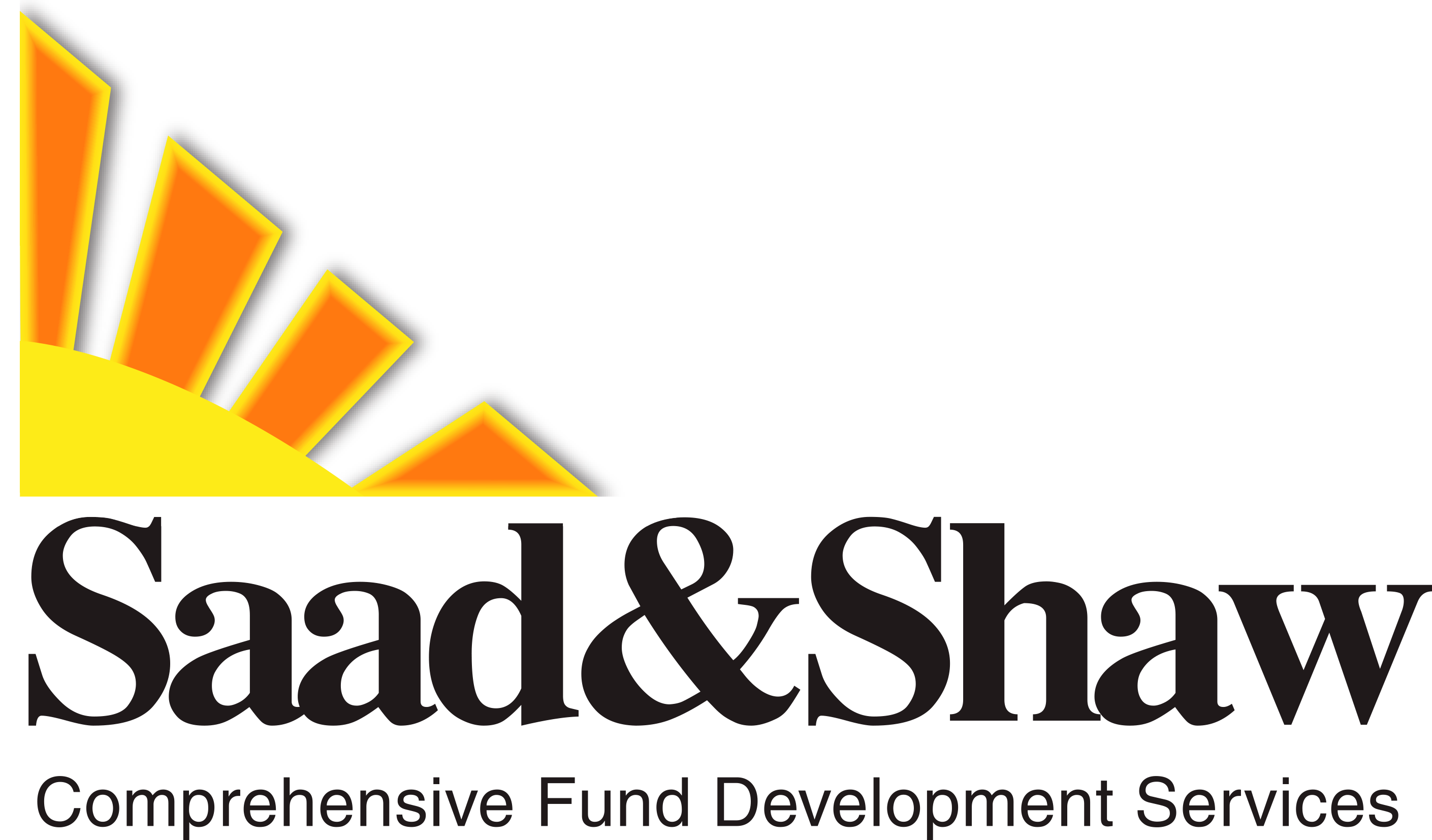 For every dollar invested into your institution what is the return to the community? Is there a social impact? Political impact? Economic impact? How do you measure it? What do you track? These are questions to ask as you consider how to make the case for giving and investing in the non-profits you are involved with.
For every dollar invested into your institution what is the return to the community? Is there a social impact? Political impact? Economic impact? How do you measure it? What do you track? These are questions to ask as you consider how to make the case for giving and investing in the non-profits you are involved with.
While some impacts are difficult to measure, and long-term impacts won’t manifest for years or generations, there are also impacts that can be measured. But, you have to set up the processes, methodologies and tracking systems required to collect data that will bear up under closer inspection.
Another way of communicating impact is to measure the economic impact of your organization on the geographic area you serve. An economic impact report can help “reframe” your nonprofit so it can be viewed in its fullest context as a community contributor as well as a solicitor of funding.
When stereotypes are applied nonprofits can be viewed as “takers” – organizations that “beg” for money, or are a “drain” on the community. But this is a distorted image. Especially when it comes to publicly funded institutions such as hospitals and universities. While these receive public funding, they are also major employers with employees whose incomes circulate throughout the community sustaining local businesses large and small. Their purchasing departments contribute to sales and employment for the private sector. Conferences, programs and services attract people to the region who stay in hotels, eat in restaurants, fill their gas tanks, and visit local attractions.
In short, nonprofits are important to a community’s economic ecosystem. When you write a check to a nonprofit you invest in both the organization and the community in which it is located.
Here’s an example. The Jackson State University Center for Business Development and Economic Research recently completed an economic impact report showing that the University contributes an estimated $413 million and 8,700 jobs to Mississippi’s economy on an annual basis. This is a $1.86 return on each dollar invested by the state in the University.
“Jackson State University is truly a major economic engine of not only our city, but the state as a whole,” JSU President Carolyn Meyers said in a press release. “We know that our success fuels the success of Mississippi. As our enrollment continues to grow, we expect our economic impact to be even greater.”
Their payroll is $57 million for 1,542 full-time employees and more than 500 part-time workers. The institution spends an estimated $95 million on local goods and services, and students spent another $85.9 million in local economy, generating $1.4 million in Jackson-metro sales taxes.
It takes time and resources to measure impact, but it’s an investment that pays returns. You have to show your impact.

